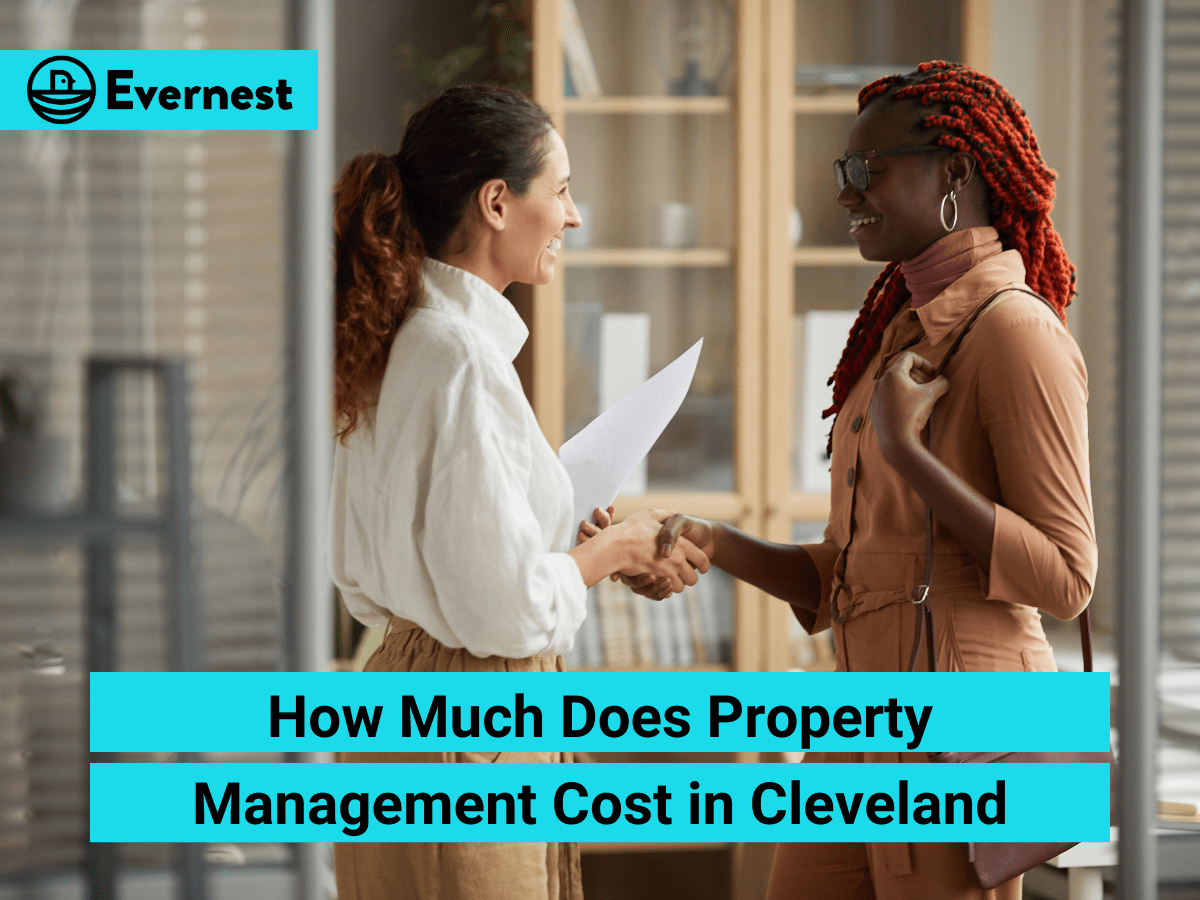Landlords and property owners in Cleveland need to understand that property management costs vary depending on various factors. In this article, we will explore the types of fees that are typically charged, the range of fees that can be expected in Cleveland, and the factors that affect property management costs. By the end of this article, readers will have a comprehensive understanding of property management costs in Cleveland and be equipped to make informed decisions.
Introduction to Property Management Costs
Property management involves a range of services, including advertising and showing the property, tenant screening, lease preparation, rent collection, property maintenance, and resolving tenant issues. These services require time, expertise, and resources, which are reflected in the fees charged by property management companies.
Property management fees can be classified into various categories, including:
Leasing fee: This is charged when a new tenant is secured for the property. It typically ranges from half a month's rent to a full month's rent.
Monthly management fee: This fee is charged each month for the ongoing management of the property. It is usually a percentage of the monthly rental income, ranging from 4% to 10%.
Maintenance fee: In some cases, property management companies charge a separate fee for coordinating and overseeing maintenance and repairs.
Other fees: Additional charges may include lease renewal fees, vacancy fees, advertising fees, and fees for eviction assistance, among others.
Factors Affecting Property Management Costs
The cost of property management in Cleveland can be influenced by various factors. One key factor is the type of property being managed. Residential properties, commercial properties, and multi-unit properties may have different fee structures. Additionally, the location and condition of the property can impact costs. Properties requiring extensive maintenance, in high-demand rental areas, or with complex legal or financial considerations may incur higher management fees. The level of service required from the property management company, such as the scope of advertising, tenant screening, and maintenance, can also affect the overall costs.
Types of Property Management Fees
In Cleveland, property management fees can be divided into three main types:
Fixed Fee: This fee structure involves a fixed monthly or annual fee for the management services. The fee remains constant, regardless of the rental income generated.
Percentage Fee: This fee structure involves a percentage of the rental income. The property management company receives a percentage of the monthly rent as their fee.
Hybrid Fee: This fee structure combines elements of both the fixed fee and percentage fee models. It may include a fixed base fee, along with a percentage of the rental income.
Typical Property Management Fee Range
As mentioned earlier, the monthly management fee is generally a percentage of the monthly rental income. Property owners can expect to pay between 4% and 10% of the rent for ongoing management services. The exact percentage charged will depend on the specific property management company, the services provided, and the prevailing market conditions.
Additional Costs and Charges
In addition to the standard property management fees, landlords should be aware of potential additional costs and charges that may arise. These can include:
Maintenance and repair costs: While some property management companies include coordination of maintenance and repairs in their monthly management fee, others may charge additional fees for these services.
Vacancy fees: If the property is vacant for an extended period, some property management companies may charge a fee to cover expenses incurred during the vacancy.
Eviction assistance fees: If an eviction becomes necessary, property management companies may charge fees for legal assistance and eviction proceedings.
The Impact of Property Value
Higher-value properties may attract higher management fees due to the potential for greater rental income and the higher level of responsibility involved in managing valuable assets. Conversely, lower-value properties may have lower management fees as the rental income and level of service required may be comparatively lower.
Local Variations
It is important to note that property management fees can vary significantly within Cleveland, where different neighborhoods may have different market dynamics and levels of demand for rental properties. As a result, property management companies in some areas may charge higher fees than others. Property owners should do research and compare fees charged by multiple companies in their area to ensure they receive competitive pricing.
Negotiating Property Management Fees
Property owners in Cleveland can negotiate with property management companies and obtain the most favorable fee structure by being prepared with research on the fees charged by other companies in the area and by highlighting any unique aspects of their property that may justify a lower fee or additional services. Negotiating a fair fee structure can help maximize the profitability of the rental property.
DIY Property Management
Some landlords in Cleveland choose to self-manage their rental properties instead of hiring a property management company. DIY property management can be appealing to those looking to save on management fees, maintain control over their properties, or reduce their reliance on external parties. However, DIY property management requires a significant investment of time, effort, and knowledge. Landlords must be prepared to handle tasks such as tenant screening, rent collection, property maintenance, and legal compliance on their own.
Cost-Benefit Analysis
Before deciding on whether to pursue DIY property management or hire a professional property management company, it is important for landlords to conduct a cost-benefit analysis. This analysis involves comparing the potential savings from managing the property independently with the benefits offered by professional property management. Factors to consider include time commitment, expertise required, financial implications, and personal preferences. Evaluating the trade-offs will help landlords make an informed decision that aligns with their goals and capabilities.
Sample Cost Scenarios
To provide a clearer understanding of how property management costs can vary, let's explore a few sample cost scenarios:
Scenario 1: A landlord owns a residential property in a high-demand neighborhood in Cleveland. The monthly rental income is $1,500, and the property management company charges a 7% monthly management fee. The landlord would pay $105 per month for property management services.
Scenario 2: A landlord owns a commercial property with multiple tenants in downtown Cleveland. The total monthly rental income from all tenants is $10,000, and the property management company charges a flat monthly fee of $1,000 for managing the property. The landlord would pay a fixed fee of $1,000 per month.
Scenario 3: A landlord owns a multi-unit property with 20 apartments in a neighborhood with moderate rental demand. The total monthly rental income from all units is $15,000, and the property management company charges a hybrid fee structure of a $500 monthly base fee plus 5% of the monthly rent. The landlord would pay a total of $1,250 per month for property management services.
Gathering Quotes
When exploring property management options in Cleveland, landlords should gather quotes from multiple companies, which allows them to compare fees, services offered, and reputation. It is important to provide accurate information about the property and specific requirements to ensure accurate quotes. By gathering quotes, landlords can make an informed decision based on their budget and the level of service they desire.
Avoiding Hidden Costs
While negotiating and finalizing property management contracts, landlords should carefully review the terms and conditions to identify any potential hidden costs. Clarifying the scope of services included in the fees and understanding any additional charges is crucial. It is recommended to seek legal advice or consult with a professional before signing any contracts to ensure transparency and protection from unexpected expenses.
Final Thoughts: How Much Does Property Management Cost in Cleveland?
In conclusion, property management costs in Cleveland can vary based on factors such as property type, location, services required, and property value. Whether opting for professional property management or choosing the DIY route, thorough research and careful consideration will ensure landlords are well-equipped to navigate the property management landscape in Cleveland.
Ready to work with a top property management company in your local market? Contact our team today!


